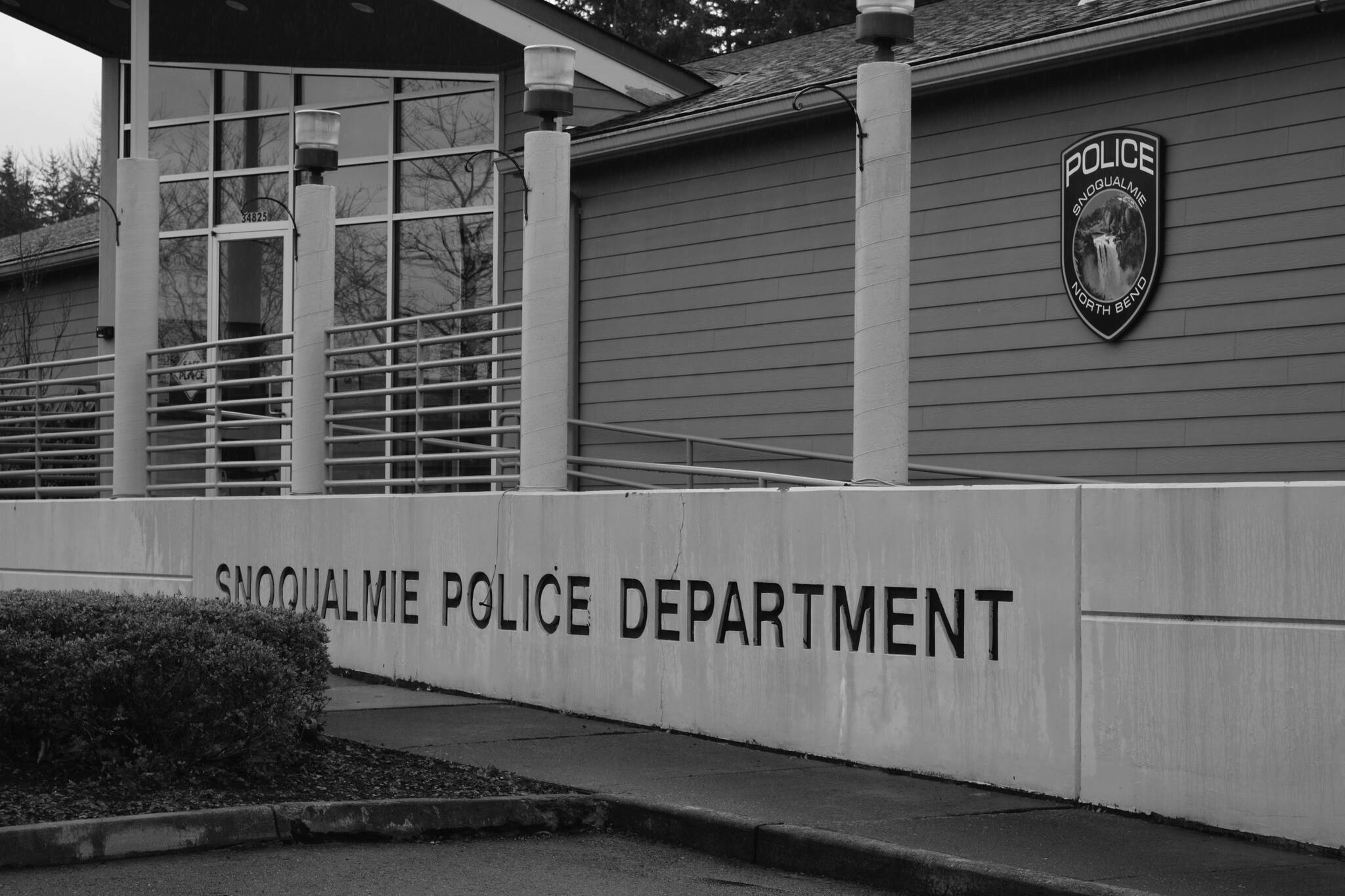Snoqualmie officials are hopeful new hiring incentives will help the city combat an ongoing labor shortage that left nearly a quarter of city positions vacant to begin the year.
The incentives, approved by the city council on March 14, would provide sign-on bonuses to all staff hired by the city, excluding elected officials and entry level police officers. The move is an effort to stay competitive with other Puget Sound cities, where similar policies have already been introduced, particularly for law enforcement.
Both Issaquah and Bellevue are offering $16,000 bonuses for police officers, while Redmond, Renton and Federal Way have also issued bonuses ranging from $8,000 to $15,000.
Under the approved plan, Snoqualmie would offer up to $10,000 for lateral police officers and up to $15,000 for all other non-law enforcement hires dealt out in two to three segments over a year. The plan also provides $1,000 to current staff members who refer a candidate to a “difficult to fill” position.
“The existing staff that we have has been working incredibly hard to try and fill in,” said Councilmember Cara Christensen, a member of the city’s finance and administration committee. “It’s really important we push this through so we can get those additional quality folks in the door.”
Regardless of industry, the Valley has seen frequent challenges over the last few years in filling vacant positions. In November, the SnoValley Chamber reported that there were 3,000 open positions across Valley businesses.
Similar challenges had been seen previously in North Bend, said City Administrator Dawn Masko, but the city currently only has one permanent vacant position, which it hasn’t begun advertising for.
The number of vacancies among Snoqualmie city staff has been called unsustainable on several occasions, including in a recent year-to-date hiring report created by former city administrator and current Fire Chief Mark Correira.
In the March 10 report, Correira wrote that vacancies have shifted the burden of job duties to other staff, have caused more overtime and have led to diminished levels of service. He also reports the city began 2022 with 26 vacancies, equal to about 24% of its allotted workforce.
Former City Finance Director Robert Hamud expressed similar concerns in mid-October, when he reported 15% of city staff positions remained vacant, calling that level of vacancy “unsustainable due to a noticeable drop in service levels.”
So far, the city has filled five of those 26 positions, one of which was filled internally. Six of those remaining vacancies have been open for 60 days with little interest, the report says.
Five of those six positions are located in the parks and public works department, which lost four employees due to the city’s COVID-19 vaccine mandate. The department has seven vacancies, according to the report, the second most of any department.
Mike Chambless, the city’s public works director, said in an email that most of those shortages shouldn’t be noticed by residents, although it may take them some extra time to respond to a citizen’s inquiry.
The department is mostly staffed on the parks side, he said, with the majority of its vacancies in management and the utilities department. To meet state obligations, the department is contracting with a neighboring agency to assist in regulatory oversight.
“I want to stress that all state requirements are being met when it comes to drinking water and wastewater standards,” he said. “There are no corners being cut. Our stellar employees have stepped up and assumed additional duties to help us through.”
According to the report, the public works department is second only to the police department, which presently has nine vaccines, three of which came from the vaccine mandate. Seven of those vacancies are for uniformed officers, while one is for a detective. The city also lost its captain, who took a chief job in Snohomish County.
“This has been a difficult year for everyone, including your very own police department,” Snoqualmie Police Chief Perry Phipps said at a North Bend City Council meeting on March 15. “It’s been difficult at times being understaffed the way we are, but we still respond to every call we receive.”
According to data shared by Phipps, although the combined number of calls for service between Snoqualmie and North Bend has dropped by almost 2,700 between 2019 and 2021, response times for its most critical calls have risen.
In North Bend, responses to “priority 3” calls — the most critical — have risen from about 4 minutes and 30 seconds to 5 minutes between 2020 and 2021. In Snoqualmie, response times have risen from 5 to 6 minutes along the same time frame. Phipps said the industry standard response time is five minutes, although he would like to see that number lower.
“Under the circumstances we’re in, with staffing levels we have and call volume we have, I’m not surprised,” Phipps said. “[Response times] will be a focus when we get staffing numbers up.”
Staffing remains the number one priority and the police department’s goal is to be fully staffed by the beginning of 2023, Phipps said.
The department expects to fill seven of those vacancies in the coming months. They are in the process of hiring two lateral officers — one of which the city is hoping to start in April — and four entry level officers. Phipps said he also expects to have the captain position filled in one to two months.
The city is prioritizing lateral candidates over entry level candidates because they can be on the street working patrol in months. Entry level candidates, however, have to complete a year of police academy training, which currently has a wait period of three to four months.
Phipps said Snoqualmie’s new hiring incentives have already helped to solidify the two lateral police candidates the city has in waiting.
“The hiring incentive has already borne fruit,” he said.



